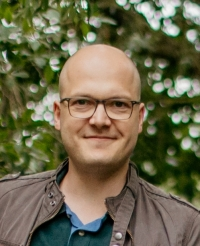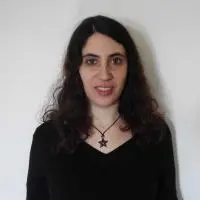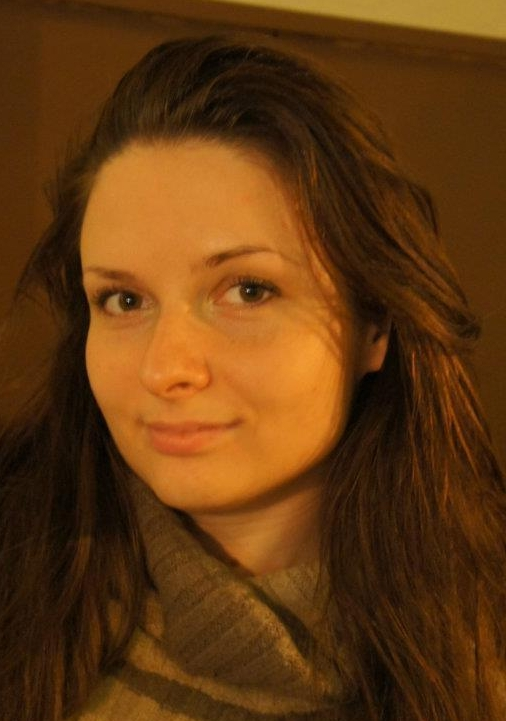This website uses cookies that store information about your usage of the page. By continuing to use this page you confirm you are happy with that.
Review and change how cookies are used.
The workshop is organised by the team of researchers that is listed on this page. Papers will be reviewed by a dedicated programme committee that will be listed on this page.

Alessandra is a postdoctoral researcher at the University of Naples Federico II (Italy). She has a PhD as part of the Marie Sklodowska-Curie Research ETN SECURE project (https://secure-robots.eu/) at the University of Hertfordshire (UK), under the supervision of Prof. Dr. Kerstin Dautenhahn. She is a Visiting Lecturer at University of Hertfordshire. Alessandra received her B.Sc. and M.Sc. degrees in Computer Science from the University of Naples Federico II. Her research interests include multi-agent systems, social robotics, Human–(Multi) Robot Interaction, home companion and user profiling. She is the team leader of RoboCup team “Bold Hearts” at the University of Hertfordshire (UK), and TC member of the RoboCup Humanoid League since 2021. She is Virtual Organizing Chair of IEEE RO-MAN 2021 conference, and she has been Registration Chair and Social Media Responsible of IEEE RO-MAN 2020.

Patrick is a Senior Research Fellow in the Adaptive Systems Research Group and manager of the Robot House at the University of Hertfordshire (UK). He is also a visiting Lecturer at the School of Physics, Engineering and Computer Science. His research revolves around social robotics and focuses on nonverbal intgeractive signals, social credibility and trust in assistive and companion robots. He is further interested in interaction architectures and behaviour coordination as well as systems integration in heterogeneous environments.
Patrick is currently a CoI of the UKRI TAS hub's pump priming project Kaspar explains and the EPSRC Network+ project Tackling Frailty - Facilitating the Emergence of Healthcare Robots from Labs into Service (EMERGENCE). He is also an advisory board member of the Norwegian project Human Interactive Robotics in Healthcare (HIRo). He was also a CoI of the AAIP funded feasibility project Assuring safety and social credibility. Previously, he has been a postdoctoral researcher in the Robot House 2.0 project, an EPSRC strategic equipment grant, and in the Cognitive Service Robotics Apartment, a large-scale project within the DFG-funded excellence cluster CITEC where he was a member of the Cognitive Systems Engineering group. Patrick received his Ph.D. on the topic of an Integrated concept of spatial awareness which originates from research conducted in the Applied Informatics group and SFB 673 Alignment in Communication at Bielefeld University where he also received a master's and a bachelor's degree in computer science.

Sílvia is a Lecturer at the University of Hertfordshire. She received an Industrial Engineering degree at the Universitat Politècnica de Catalunya (UPC), a PAIR Master degree in Automated Production and Robotics at the Fundació CIM - UPC and a Robotics and Automation Master degree at the Universidad Carlos III in Madrid. She also received a Psychology degree at the Universitat Oberta de Catalunya (UOC). She was previously part of the now finished EU Horizon2020 BabyRobot project. Her research interests include social robotics, Human-Robot Interaction and design of robotic behaviours for children with autism.

Gabriella is a Lecturer at the Adaptive Systems Research Group and in the School of Physics, Engineering and Computer Science at the University of Hertfordshire. Her research interests include HRI and robot-assisted therapy. She has expertise in the development of socially acceptable companion robots through the design of biologically inspired credible social behaviour as well as in experimentally evaluating user acceptance. Her experience was gained in European projects such as LIREC and BabyRobot, in addition to the EPSRC funded project Trustworthy Robotic Assistants.